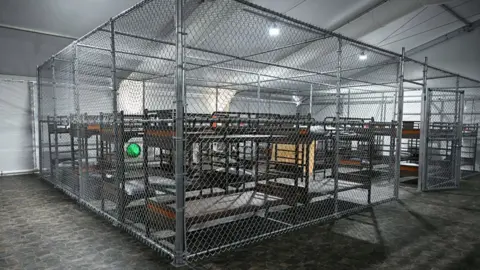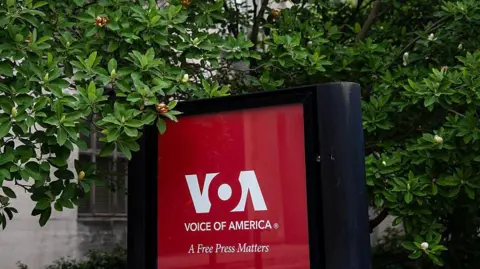The law, effective September 1, prohibits individuals and companies from designated countries from acquiring property in Texas, including homes and commercial spaces, and limits rental durations to less than one year. Critics like Texas Representative Gene Wu label the bill as anti-Asian and express concerns over its impact on businesses reliant on investment from Chinese immigrants.
Governor Greg Abbott signed the bill into law on June 20, claiming it represents the toughest ban in the U.S. aimed at restricting foreign adversaries. Supporters cite security threats, particularly from China, asserting that foreign ownership compromises Texas's well-being, referencing past incidents involving acquisitions near military bases.
Legal challenges against the bill have emerged, including a lawsuit filed by the Chinese American Legal Defense Alliance. However, a judge dismissed the case, stating that the plaintiffs would not be personally affected by the law.
The implications of SB 17 are particularly pronounced for the Chinese community in Texas, the largest affected group, including around 120,000 Chinese nationals. Emerging young professionals, like Qinlin Li, express alarm at their uncertain futures in the wake of the law, worried about its implications for both housing and community support.
As businesses reconsider their investments in Texas due to these restrictions, the long-lasting struggle for housing and land ownership for Asian-Americans raises questions about the trajectory of American immigration policy.






















